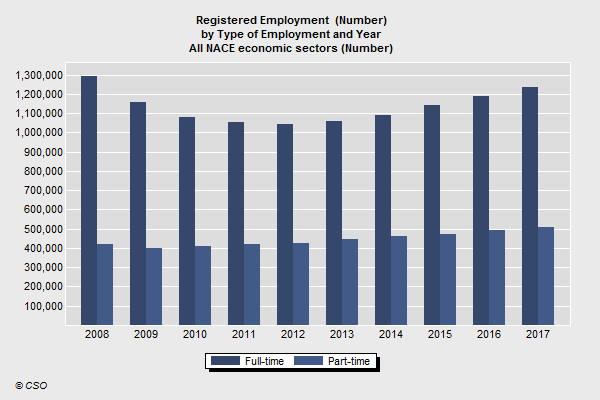How Financial Planning can help cash-strapped Millennials:
There are plenty of times when we wonder if we’ll ever feel like adults. Financial Planning is a thing that makes us all feel like kids not sure of what we are supposed to do.
If you’re part of the 22-37 age range, you’re officially designated as a Millennial. According to a 2018 millennial survey from Deloitte, less than half of us expect to be financially better than our parents’ generation.
We’ve also been told that drinking coffee and eating avocado toast will somehow mean we will never be able to buy property. (Thanks! That was helpful!)
Many of the oldest Millennials entered the job market in the time-period covering the 2008 Global Economic Crash. The youngest Millennials have always existed in an economic climate dominated by the changes left by the crash, namely in employment, housing and social protection.
Feelings of a lack of control and fear about planning for our futures lead us to live for today. We don’t plan, because change happens so quickly around us. Unfortunately this is only making the situation worse.

How can financial planning begin to make you feel more in control?
Step 1: Stop looking back
Stop comparing yourself to previous generations, especially older friends and family members. It’s tempting to compare what your parents were doing at your current age, but it won’t help you to make changes or set realistic goals.
Step 2: Think of what you want
Instead of aiming to be financially better off than your parents, friends and family, aim to be financially better off than you are right now in a year’s time.
Step 3: Make an honest list of current spending
Don’t be afraid of figures. Taking an hour or so honestly to look at your spending will not make a listicle of fun things to do on the weekend.
It will tell you where you can make substitutions if you want to start saving. You’re also a Millennial, so plenty of apps are marketed directly at you to help with this.
Look at your online account statement to see what you have spent money on in the last 30 days. Try to separate your purchases into needs and wants. Ask yourself each time: did I really need to make that purchase.Try to avoid the bargain and sale traps. It maybe have been a great deal, but did you really need it?
Step 4: Start with small goals
Set realistic small financial goals. If you don’t have any savings now, short of an unusual event buying a house is not goal #1.
Let’s try ‘having savings,’ and go from there. For your first goal pick an achievable amount to save in this month. It doesn’t matter how small it is, lock it away somewhere safe.
Planning for the unexpected. Savings might be able to cover an unusually large expense 5 years from now, but the €150 you’ve got in your Credit Union won’t go far if something happens tomorrow. Protection products, like Income Protection, can start building your security.
Most importantly, start now.
Any change, no matter how small, will begin to give you more financial control. There is no such thing as a trivial amount to save per month.
Contact Greenway with your questions about Financial Planning for Millennials, we can help you to get started.



